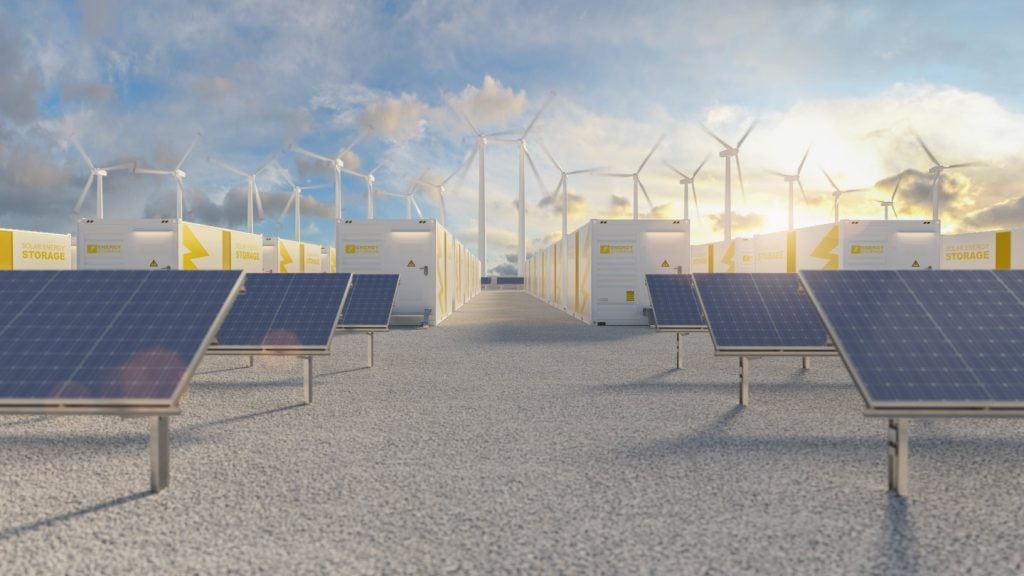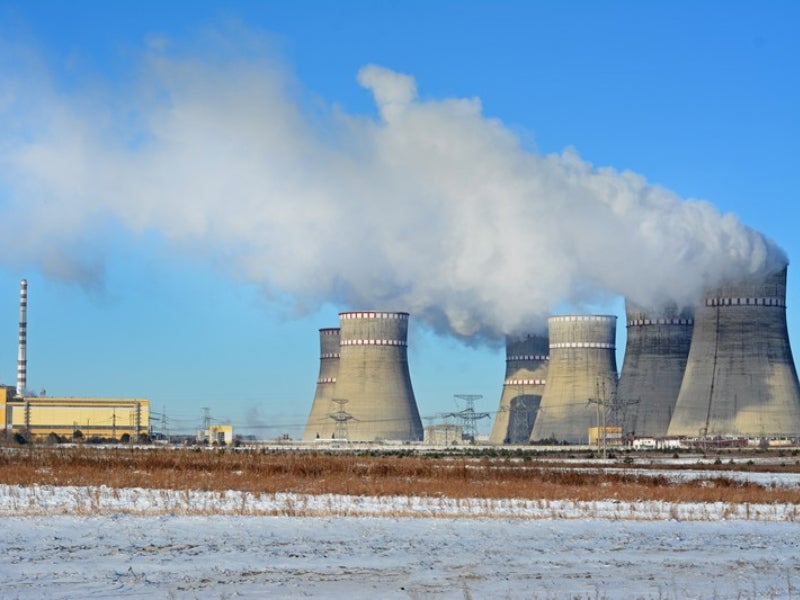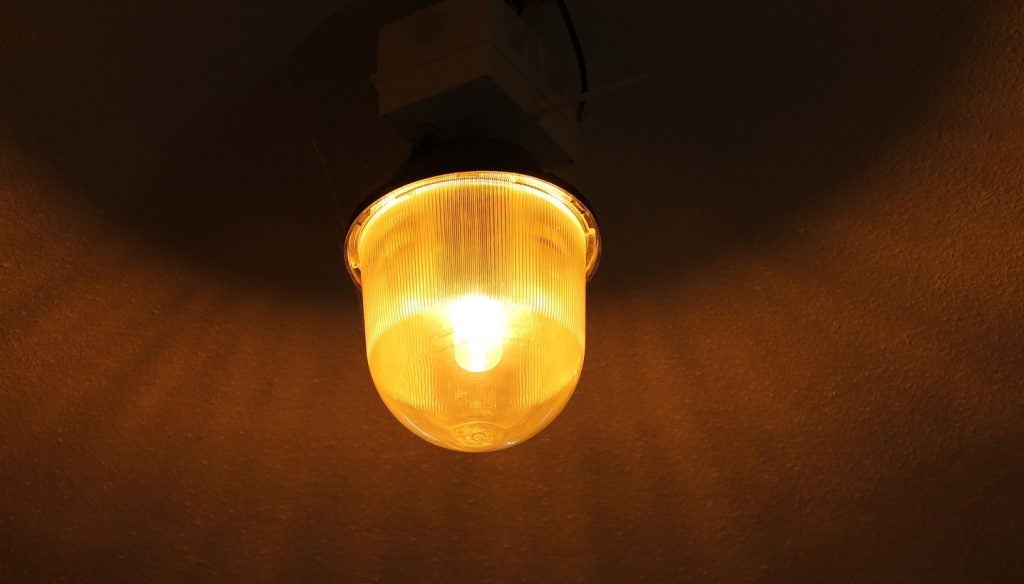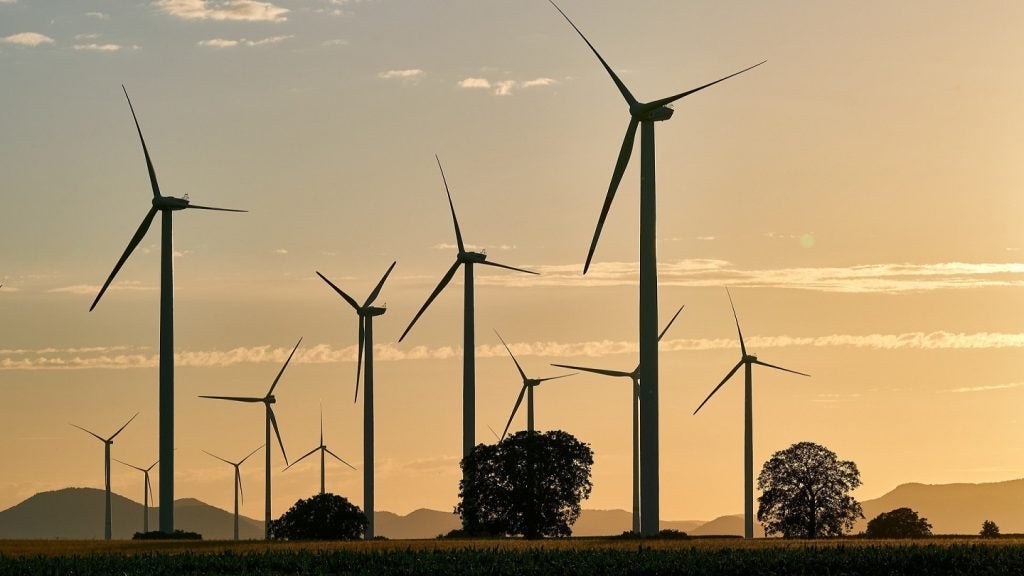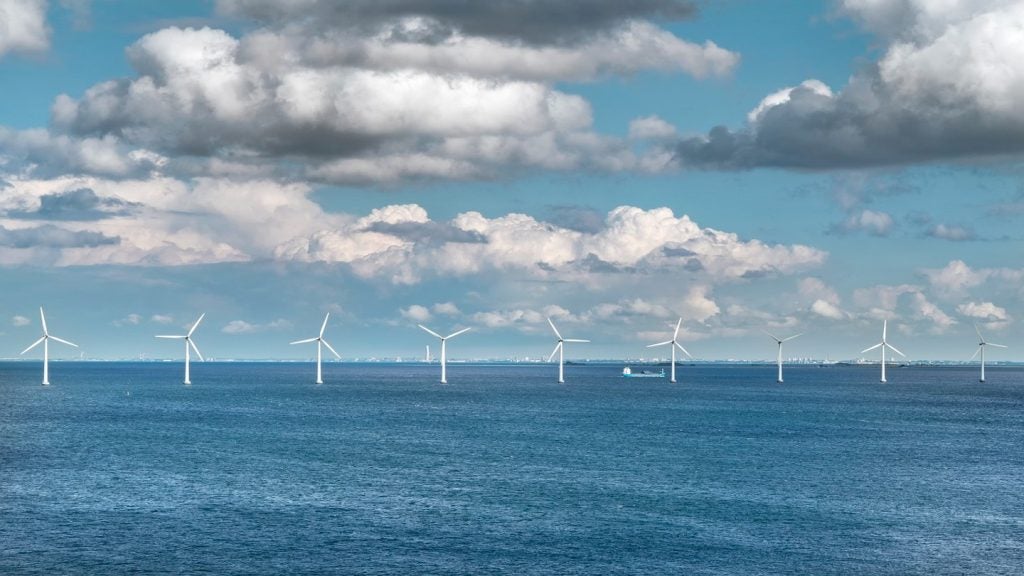Global battery storage company Eku Energy intends to expand its global energy storage capacity to 9 gigawatt hours (GWh) by 2028.
This ambitious target marks a substantial increase from the current 1.3GWh, underscoring the company's commitment to accelerating the energy transition and enhancing the use of renewable sources.
In April 2024 the company announced its plans to begin construction of a new 30 megawatts/120 megawatt hours (MWh) battery energy storage system in Japan's Miyazaki prefecture in the second half of 2024, to become operational by July 2026.
Eku Energy has signed a 20-year offtake agreement with utility Tokyo Gas for the project.
The facility will store enough electricity to power 63,000 households for four hours.
This is Eku Energy's first battery storage project in Japan and aligns with the country's efforts to boost renewable energy use, achieve decarbonisation targets and improve energy security.
Japan's push for renewable energy will drive up demand for battery storage solutions to balance the supply from solar and wind sources.
Managing director Kentaro Ono told Reuters: "We are targeting to expand our battery energy storage system capacity worldwide to 9GWh by 2028, up from the current 1.3 GWh already in operation or announced."
The company's growth initiatives span countries including Britain, Australia, Italy and Japan.
Although Eku Energy has not set a specific target for Japan, the country remains a key market due to its position as the world's fourth-largest electricity consumer.
The global expansion of battery storage, led by China and the US, is likely to see Japan catch up, supported by government initiatives and the establishment of a market for electricity supply and demand adjustment.
In Japan, the rise in renewable energy has led to more frequent output cut requests from utilities to balance the grid, resulting in the loss of potential clean energy. Eku Energy's storage solutions aim to mitigate this issue, enabling better utilisation of renewable resources.


